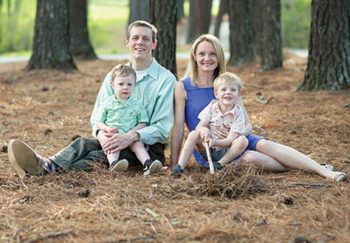
Most of us don't want to think about whether we'll get cancer, but it's an important discussion to have with your provider. Inherited gene mutations cause many breast, ovarian and endometrial cancers.
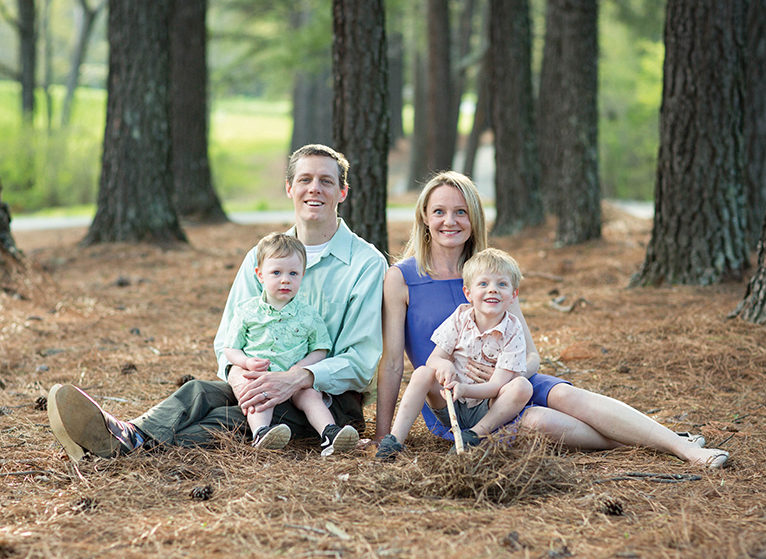
This statistic always gives me pause: About 1 in 8 of my female friends will develop breast cancer. But here’s the good news: Mammograms are now so good at picking up even the tiniest sign of cancer. This means anyone with breast tissue has an amazing chance of surviving breast cancer.
This breast cancer screening guide can get you started on the road to prevention.
Most of us should start getting regular mammograms at age 40. But some need them even earlier, like Nicole Kelleher. She started having them in her 30s. Why? She had a family history of breast cancer. Screenings discovered breast cancer when she was only 36.
There’s not one breast cancer screening guide for everyone. When and how you get screened will depend on your situation. The only rule we should all follow: Get screened.
Mammograms take an X-ray image of the breast. We now have 3D and even contrast-enhanced mammograms. These are even better at picking up breast cancer if you have dense breast tissue.
And if you’re at high risk, other imaging tools, like MRI or ultrasound, might be a better breast cancer screening for you. It’s important to discuss the best option with your provider.
Most women need a yearly screening. But Nicole needed one every 6 months. Her story has a happy ending because she was followed by our high-risk breast cancer team.
Breast cancer screening technology has come a long way. But so too has genetic testing. With a simple blood test, you can find out if you have any of the genetic mutations that might put you at high risk for breast cancer.
Ask yourself 6 key questions to see if you should see a genetic counselor.
Whether facing breast cancer or just worried about it, you’ll find expert care at UVA Health. Read on to meet the researchers, providers, and patients who have been through the journey.

Most of us don't want to think about whether we'll get cancer, but it's an important discussion to have with your provider. Inherited gene mutations cause many breast, ovarian and endometrial cancers.

Genetic mutations can give some women a greater than 70% chance of developing breast cancer. Learn why some women, including Angelina Jolie choose to have a double mastectomy to reduce that chance.
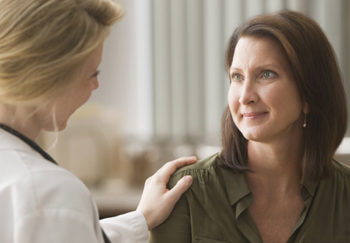
What in the world does it mean when you hear someone say “triple-negative breast cancer” or “hormone-receptor positive breast cancer”? Learn about the different types of breast cancer.
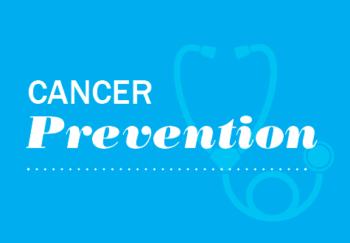
You can help to identify your likelihood of developing the condition through genetic testing that identifies specific genetic mutations that cause cancer.
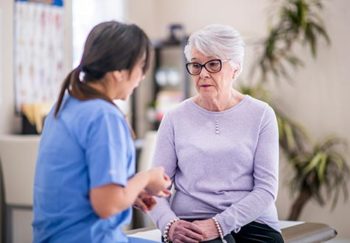
Paget's disease of the breast is a rare form of cancer. Recognizing this condition early and beginning prompt treatment helps prevent complications.

At 61, Chris Payne was in good health and had no family history of breast cancer, but she discovered she had two stage 1 tumors. She's made it her mission to encourage screening.

Before you abandon the Pill or trade in your IUD, read this Q&A to get the whole story.

Before you abandon the Pill or trade in your IUD, learn more about the link between oral contraceptives and breast cancer.

October is Breast Cancer Awareness Month, and it's a good time to keep up with your screening techniques. Learn why a breast self-exam is still important and how to do one.
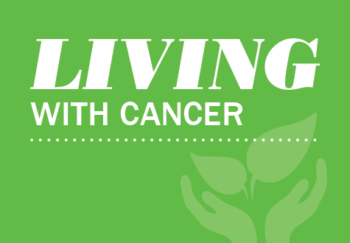
Getting regular mammograms after breast cancer treatment is an important part of staying healthy. Here's how to handle the stress.
Get stories & health tips every week